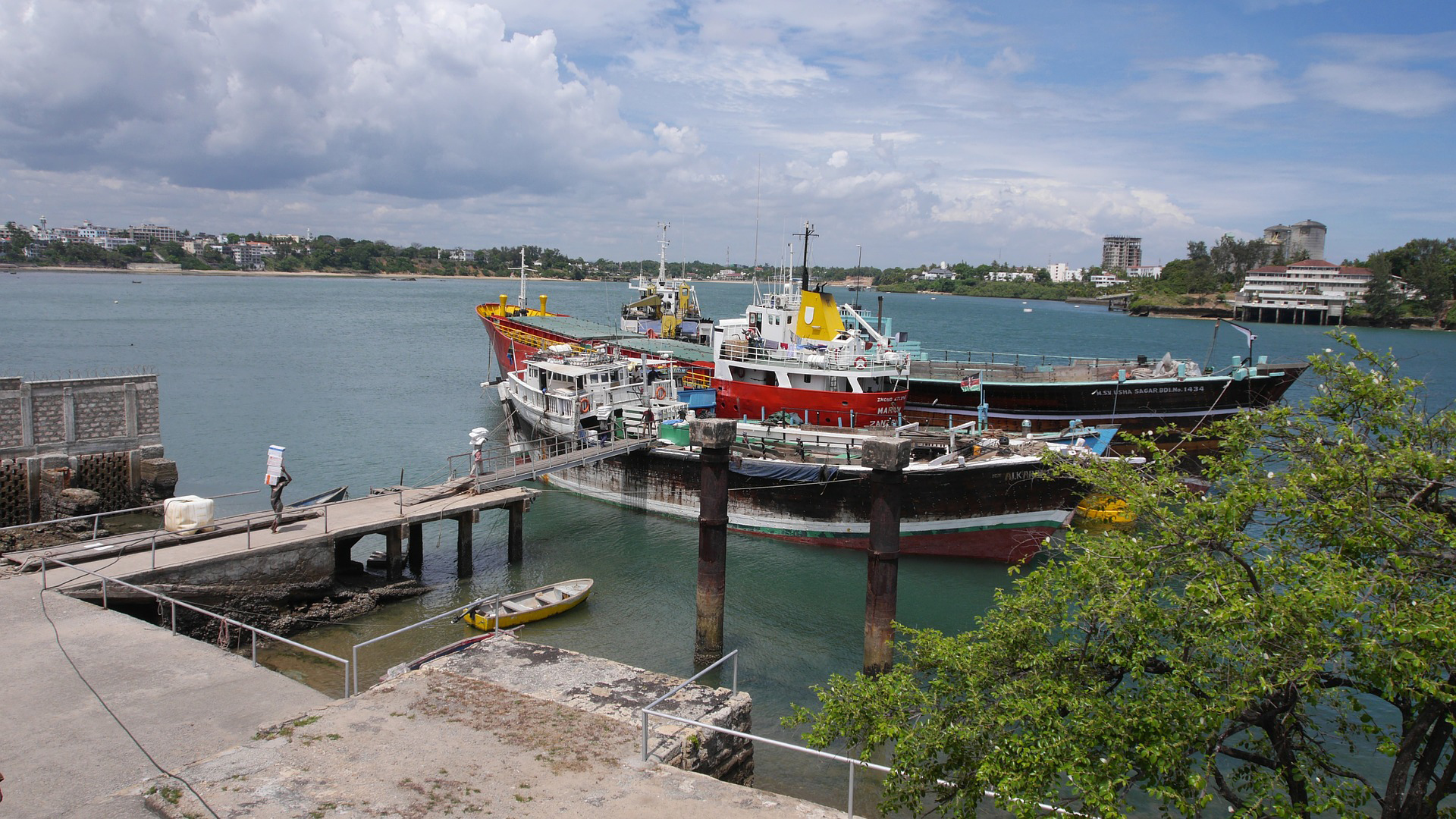First published by ISS Today
Kenya’s decision to withdraw state agencies, including medical inspectors, from Mombasa Port could put at risk the health of Kenyans and citizens of landlocked neighbouring countries.
President Uhuru Kenyatta lifted enhanced mechanisms put in place only two months earlier to tame the influx of counterfeit medicine into the country. The World Health Organisation (WHO) in 2019 issued an alert on fake Augmentin found in Kenya and Uganda – its second warning about the discovery of falsified antibiotic in Africa.
Until Kenyatta’s directive, Kenya’s Pharmacy and Poisons Board (PPB), Uganda’s National Drug Authority (NDA) and the Rwanda Food and Drugs Authority worked together to inspect imported medicine at Mombasa Port, the common port of entry for the three countries. They also carried out batch-by-batch inspections of pharmaceutical products and identified high-risk traders who were then subjected to stricter checks.
This robust collaboration is now in limbo. The state agencies previously assigned the role of inspecting imported cargo at the port were reduced from 30 to three. The primary aim of this reduction was to accelerate cargo clearance. Most cargo is now pre-inspected at the port of origin for imported goods, including pharmaceutical products.
The WHO’s first alert came in 2018 after counterfeit medicine was found in the street markets of Douala, Cameroon. It stated that ‘The packaging of the falsified product appears to be a close imitation of the genuine product manufactured by GSK (GlaxoSmithKline)”. According to media reports, GSK disowned the falsified version.
The WHO attributed the alert to intelligence from both Uganda’s NDA and Kenya’s PPB. This resulted from routine post-marketing surveillance on the quality of medical products. PPB CEO Dr Fred Siyoi told a media conference in Nairobi shortly after the alert that the two national institutions relayed the information to the WHO rapid alert system and INTERPOL.
Kenyan pharmaceutical industry stakeholders believe such vigilance could be compromised by Kenyatta’s decision, leading to rising cases of fake medicine entering the country. Unlicensed importers, whose falsified medicine imports have been stopped in the past, could take advantage of the PPB’s absence at the port. They told the ENACT organised crime project they had petitioned against the presidential directive in the interest of public health.
Not everyone agrees though that the directive will lead to increased counterfeit medicine in the region. According to the PPB, 99% of the medicine in the country is currently of good quality.
‘There is no counterfeit medicine in Kenya; only 1% can be considered of poor quality,” Dr Ronald Inyangala, PPB director in charge of trade, told ENACT.
However, Dr Anastasia Nyalita, chairperson of the Kenya Association of Pharmaceutical Industries, told ENACT that “only established brands are reported in case of any problem. Those related to counterfeits sold to unlicensed pharmacies go unreported for fear of causing alarm in the market”.
In Uganda, the NDA admits that 10% of the drug regimens in the country have substandard or counterfeit copies have been sold on the market. Board chairman Dr Medard Bitekyerezo told a local newspaper that “the counterfeits enter the country through porous borders, across Lake Victoria”. The paper says neighbours Kenya and the Democratic Republic of the Congo are believed to be the origin of most of the fake medicine.
A silent majority believes that counterfeit medicine is a growing problem in the region. This is due to the presence of what stakeholders call “unregulated” or “briefcase” importers who mainly use consolidated cargo. Such importers are likely to increase due to the prohibitively high costs of doing business in the region’s relatively smaller economies.
It has been suggested that a powerful lobby in Kenya spearheaded by the Importers and Small Traders Association was behind Kenyatta’s directive. The lobby complains that the many agencies at the port delay clearance of their cargo imported in consolidated containers.
“It [the lobby] is against the thorough verification to determine mis-declaration and counterfeiting,” a KPA officer who declined to be named told ENACT.
Stakeholders question the capacity of the three state agencies mandated to carry out future inspections. These are the Kenya Ports Authority (KPA), which manages the port, the Kenya Revenue Authority (KRA) and Kenya Bureau of Standards (KEBS).
“KEBS lacks capacity to carry out inspection analysis for pharmaceutical products and to ensure compliance by companies,” said Nyalita. She explained that exporters now had to outsource foreign laboratories and pass on the extra cost to consumers. This raises the cost of legitimately imported medicines. It lengthens the inspection process, shortening by up to 75% the shelf life of products that reach the local market.
The latest Auditor-General report indicates that the Kenya Medical Supplies Agency had by the end of 2018 supplied expired drugs worth some US$1.50-million to the country’s regional government hospitals. The danger of expired medicine and the high cost of legitimate pharmaceutical products make substandard medicine a cheaper option.
The WHO requires governments to establish strong national medicines regulatory authorities. These should have a clear mission and a solid legal, technical and financial foundation. They should above all have the capacity to exert effective market control as well as proper monitoring and evaluation. The authorities should be transparent and accountable to both the government and the public.
National medicine stock outages and the higher cost of quality products are likely to have a domino effect throughout East Africa. Knee-jerk policy interventions are likely to worsen the problem. Instead, decisions affecting supply and demand around sensitive pharmaceutical products should be made by the regulatory authorities to avert the proliferation of fake medicines, vaccines and biological products. DM
Deo Gumba is ENACT regional co-ordinator – East and Horn of Africa, ISS Nairobi.
This article was first published by ENACT. ENACT is funded by the European Union (EU). The contents of this article are the sole responsibility of the author and can under no circumstances be regarded as reflecting the position of the EU.




